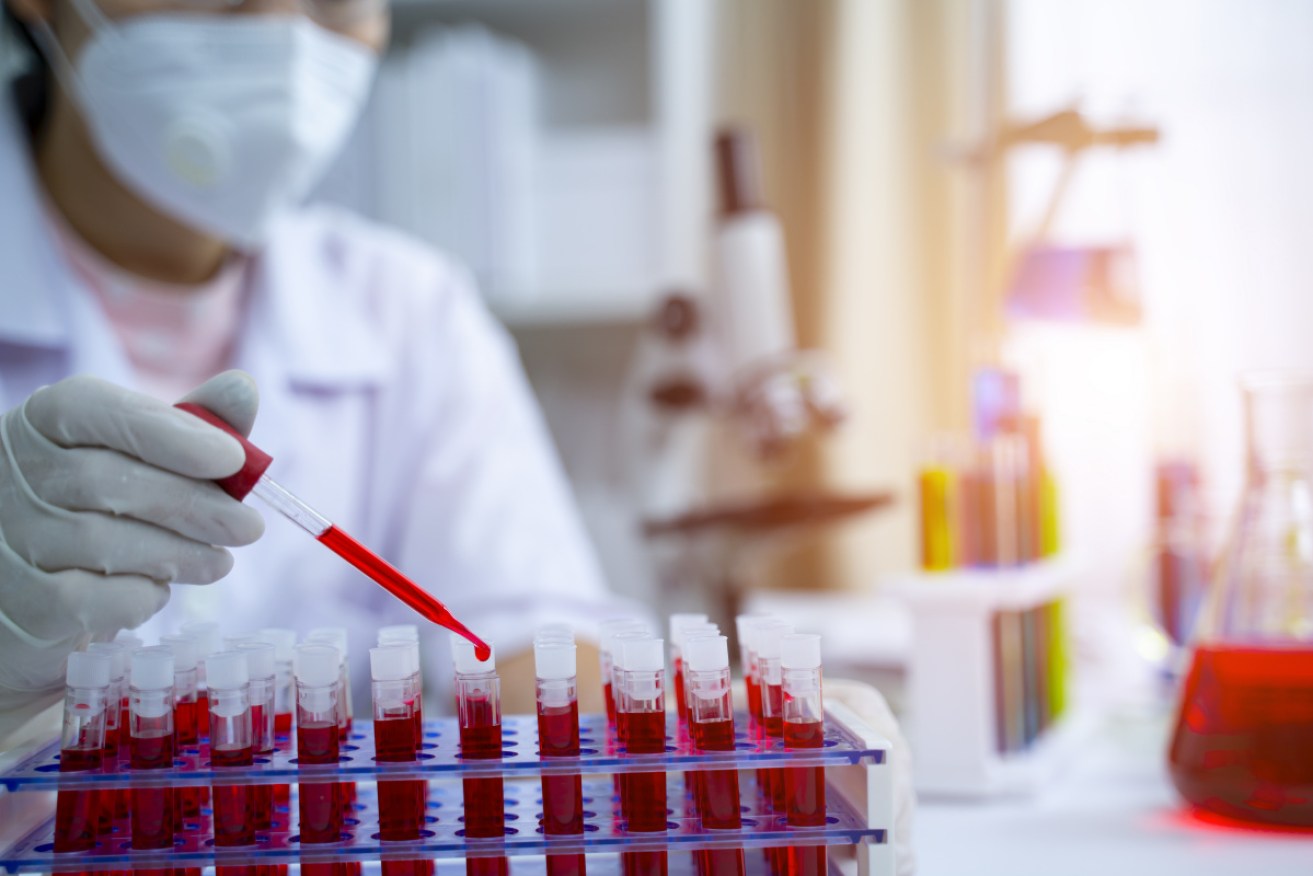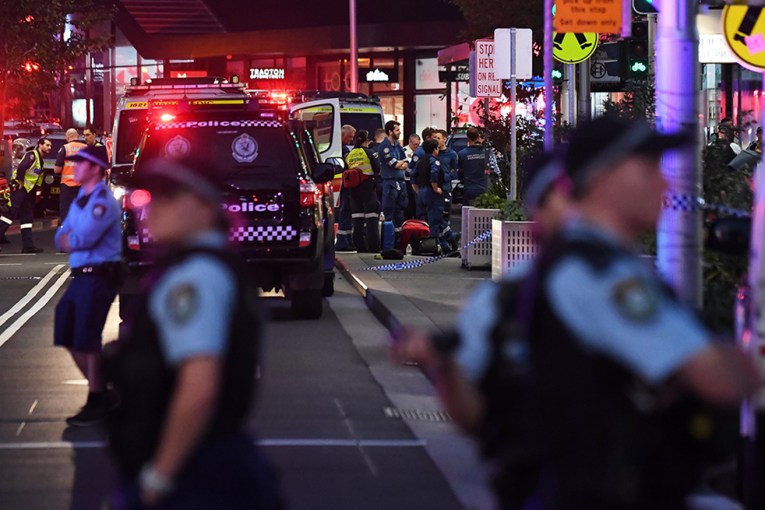Massive 2021 human trials for breakthrough blood test that detects 50 different cancers


A single blood test that can detect multiple cancers is being fast-tracked to the mass market. Is it the right way to go? Photo: Getty
Super early detection of cancer, well before symptoms become apparent, is the second-best thing to a cure – and almost as elusive. Is that about to finally change with a simple blood test?
Starting next year, the British National Health Service will trial a blood test, also known as a liquid biopsy, that can detect more than 50 types of cancer at an early stage – including ovarian and pancreatic cancers for which there are no early detection tests, and which prove lethal more often than not.
More than 165,000 people will be offered the test – 140,000 participants aged between 50 and 79 will take the test for the next three years. These are, on the face of it, healthy people, potentially facing bad news – and yet may be saved from cancer death because of early intervention.
Another 25,000 participants showing possible cancer symptoms will be referred to the test from a hospital.
If the UK trial is deemed successful, the NHS has pledged to expand the study to include one million people in 2024 – and this may be the beginning of the test entering the mainstream.
This reflects the NHS’s determination to radically overhaul a health care system under immense stress. But it also demonstrates perhaps, in the age of COVID-19, a new willingness for risk-taking in getting bio-technology to market.
Is this a game-changer? Maybe
The blood test, developed by a US company called Grail, has performed impressively, but not flawlessly, in early trials.
Last year, in a trial involving 15,000 participants, the test was found to detect the 12 most deadly cancers at an early stage with a range of accuracy. The overall detection rate for these cancers was 67.3 per cent.
Individually, the detection rates for the study’s 12 cancer types, averaged across Stages I to III were:
- Anorectal 79 per cent
- Colorectal 74 per cent
- Esophageal 76 per cent
- Gastric 78 per cent
- Head and neck 86 per cent
- Hormone receptor negative breast 64 per cent
- Liver 68 per cent
- Lung 59 per cent
- Ovarian tumours 67 per cent
- Pancreatic tumours 78 per cent
- Multiple myeloma 71 per cent
- Lymphomas 70 per cent, excluding leukemias.
Taken together, these cancers are the cause of nearly two thirds of all cancer deaths in the United States.
The blood test becomes more accurate, as the cancer progresses through the four stages. Overall detection levels (sensitivity of the test) were 34 percent, 77 percent, and 84 percent respectively, for stages I, II, and II.
In a sub-study published in March, the test was able to specify the organ where the cancer was growing with 93 per cent accuracy and delivered an overall false-positive rate of less than one per cent using a single blood sample.
It was this sub-study that identified more than 50 cancer types.
The test analyses clusters of methyl chemical groups attached to the DNA of cancer cells. These methylation patterns differ markedly from DNA derived from healthy cells – and can serve as a flag for cancer at a molecular level. The flag, so to speak, goes up well before symptoms become known.
In a separate paper, researchers argued that if all cancers currently diagnosed today at stage IV could be caught earlier, death rates could fall by as much as 24 per cent.
According to a BBC report, the NHS hopes the blood tests will help increase five-year survival rates for cancer, “which are below the levels seen in many other high-income countries.”
Liquid biopsies aren’t new. Why is this one special?
Technology aside, the Grail company has a lot of money behind it, with Jeff Bezos and Bill Gates among its backers. In June last year, the company was buoyed by US$1.6 billion venture capital.
In May this year, a further US$390 million was raised.
Australia has liquid biopsy research under way at Macquarie University for melanoma diagnosis; Deakin, which is developing a test for early detection of deadly cancers; and La Trobe, where researchers are looking to use liquid biopsies for the management of breast cancer.
In 2018, researchers at the University of Queensland made a splash in biotech media by identifying a universal biomarker for cancer – “a unique DNA nanostructure that appears to be common to all cancers”.
“This unique nano-scaled DNA signature appeared in every type of breast cancer we examined, and in other forms of cancer including prostate, colorectal and lymphoma,” said research fellow Dr Abu Sina, in a statement at the time.
Like the Grail researchers, the University of Queensland researchers were investigating the “levels and patterns of tiny molecules called methyl groups that decorate DNA and are altered dramatically by cancer – these methyl groups are key for cells to control which genes are turned on and off.”
Where Grail’s test was based on DNA sequencing, the UQ team discovered that intense clusters of methyl groups placed in a solution caused “cancer DNA fragments to fold into unique three-dimensional nanostructures that could easily be separated by sticking to solid surfaces such as gold.”
From this, they designed a simple test using gold nanoparticles that instantly change colour to determine if the 3D nanostructures of cancer DNA are present.”
Wow, right?
So what happened? The researchers developed a diagnostic tool that proved “to be up to 90 percent accurate in tests involving 200 human cancer samples and normal DNA.”
And then? Local funding never arrived. A few months ago, the licensing of the technology was sold to a US company.
Dr Abu Sina told The New Daily that the Grail blood test, and the DNA sequencing, would be expensive. He guessed a single test might cost a thousand dollars.
“What we developed would cost the patient one or two hundred dollars,” he said.
Make of that what you will. We will be following this up in more detail.








